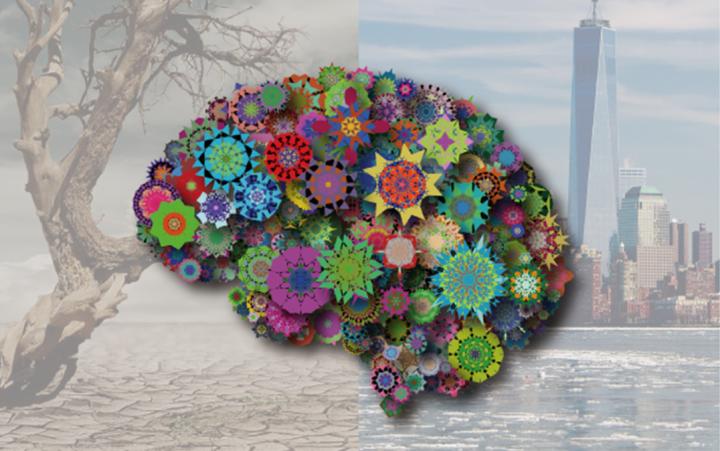Researchers at the University of Tsukuba in Japan and the NEI in the USA have discovered a circuit in the basal ganglia of the brain that allows monkeys to learn context-dependent object worth

Credit: University of Tsukuba
Tsukuba, Japan — How valuable are earmuffs? The answer to this simple question can depend. What brand are they? Are they good quality? What is the weather like? Given the choice between earmuffs and suntan lotion, most people would choose to have the earmuffs on a cold winter day and the lotion on a sunny day at the beach. This ability to place different values on objects depending on the environmental context is something that we do all the time without much thought or effort. But how does it work? A new study led by Assistant Professor Jun Kunimatsu at the University of Tsukuba in Japan and Distinguished Investigator Okihide Hikosaka at the National Eye Institute (NEI) in the United States has discovered the part of the brain that allows this type of learning to occur.
“Value and reward are known to be encoded in the part of the brain called the basal ganglia,” explains Dr. Hikosaka. “We set out to identify the specific neuronal circuits underlying environment-based value learning.”
To find the answer, the researchers first taught monkeys a kind of “Where’s Waldo” game in which they searched scenes for embedded objects that gave them rewards. Looking at the objects could lead big or small rewards depending on the background scene in which they were embedded. After the monkeys learned this game using many objects and many backgrounds, they were able to routinely make eye movements to the big rewards and avoid looking at the small rewards, even when the background scenes were switched suddenly.
The final output from the basal ganglia controls motor movements, in this case eye movements. The team hypothesized that a certain kind of brain cell called fast-spiking neurons were responsible for the successful learning of their game. To test this idea, they used a drug to temporarily block input from these cells to different parts of the basal ganglia just when monkeys were trying to learn the associations between objects, backgrounds, and values. They found that when input to the tail end of the striatum–a part of the basal ganglia– was blocked, it prevented monkeys from learning new scene-based associations, but did not prevent them from performing well when they were given scenes and objects that they had already learned.
The findings could have applications in clinical research. “Reduced input from fast-spiking neurons has been observed in some clinical conditions,” says Dr. Kunimatsu, “including Tourette syndrome and Huntington’s disease, both of which are accompanied by deficits in skill learning that could be related to an inability to learn environment-based values.”
###
The article, “Environment-based object values learned by local network in the striatum tail,” was published in PNAS at DOI: https:/
Media Contact
Naoko Yamashina
[email protected]
Related Journal Article
http://dx.




